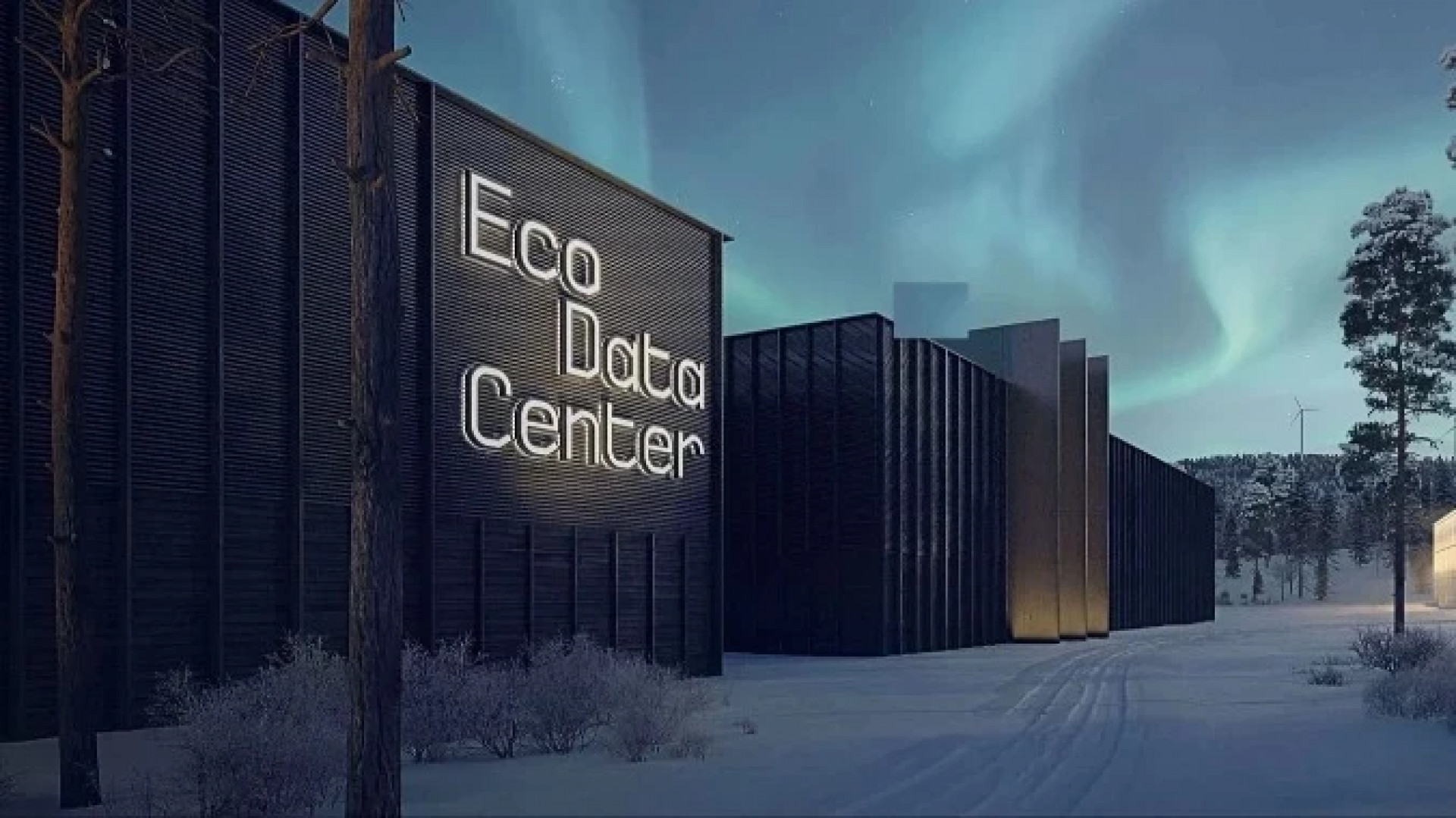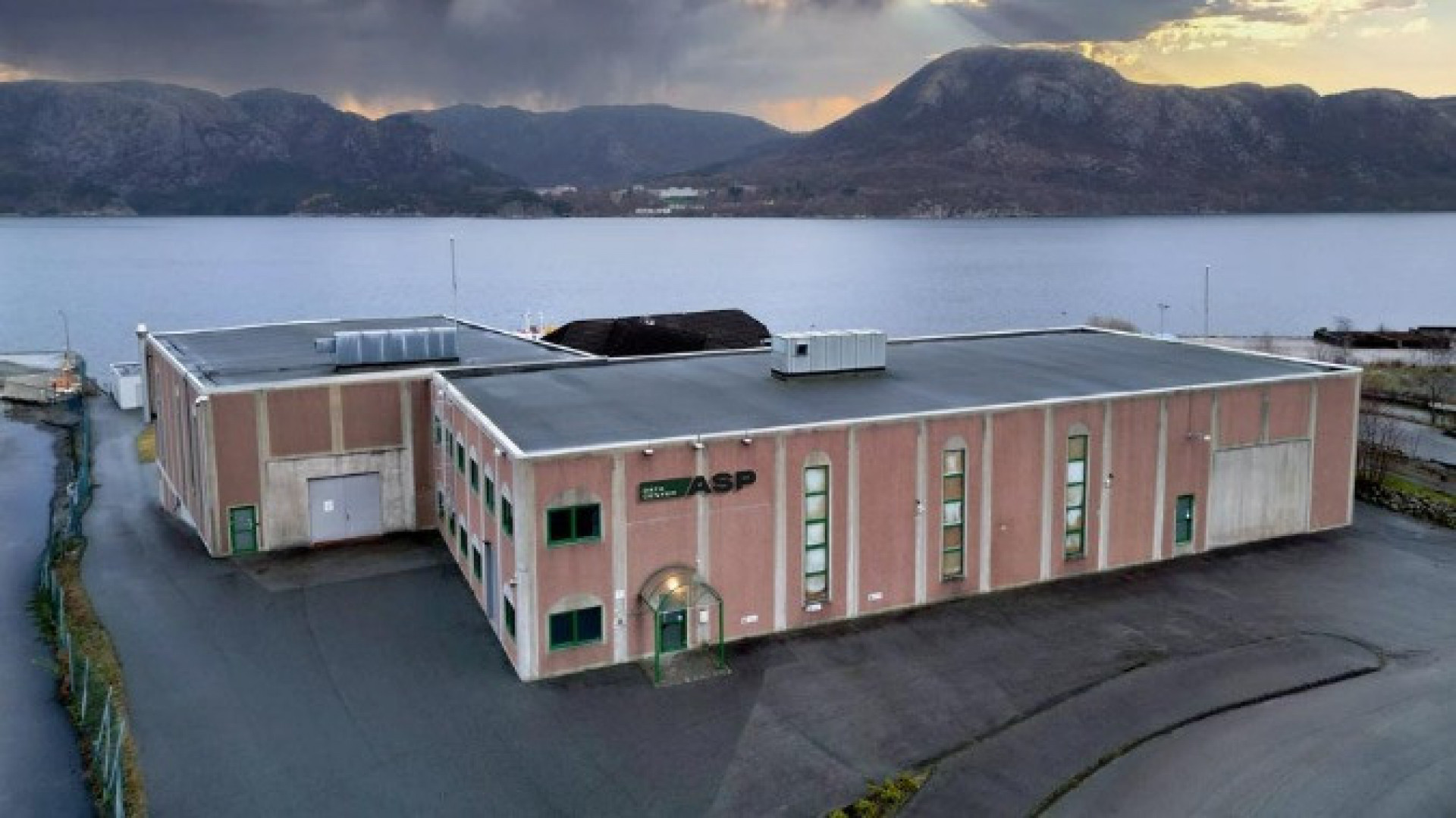26/10/21 Finnish Foreign Minister Pekka Haavisto met with his Russian counterpart Sergei Lavrov on Tuesday during a meeting of the Barents Euro-Arctic Council in Tromsø, northern Norway, where Finland took the reins of the Barents Euro-Arctic Council (BEAC) at a tense moment in international relations. The BEAC member states consist of the five Nordic countries, Russia and the EU. The presidency rotates every second year between Norway, Finland, Russia and Sweden.
Haavisto met with Lavrov just after meeting with Nato Secretary General Jens Stoltenberg a day earlier in Helsinki. That same day, Lavrov met with Norway’s new foreign minister, Anniken Huitfeldt. Haavisto and Huitfeldt are also scheduled to meet, but apparently the new Norwegian foreign minister met with Lavrov first. Illustrative of the tense relationship between Russia and it's Baltic & Nordic neigbours was the fact that Swedish Foreign Minister Ann Linde dit not attend the Tromsø summit, opting instead to stay in Stockholm to meet with Stoltenberg and other Nato representatives.
Finnish geopolitical security
According to former Finnish foreign minister Ilkka Kanerva (NCP), who now chairs the Parliamentary Defence Committee, the deterioration of Nato-Russia relations represents a deterioration of Finland’s security environment.
Russian Foreign Minister Sergei Lavrov is on his first visit to a Nato member country since Russia said it would close its Nato mission in Brussels and Nato offices in Moscow. That came in response to Nato’s expulsion of members of the Russian delegation to Nato headquarters in Brussels. The military alliance claimed that the delegates were intelligence officers.
Strategic importance of Heading the Barents Euro-Atlantic Council for Finland
Finland takes over the presidency of the Barents Euro-Arctic Council (BEAC) from Norway. The BEAC member states are the five Nordic countries, Russia and the EU. The presidency rotates every second year between Norway, Finland, Russia and Sweden. Russia, meanwhile, is currently chairing the larger Arctic Council, which includes the five Nordic countries as well as Canada and the United States.
When Russia took over the presidency of the Arctic Council in May, Lavrov strongly criticised western activities in the Arctic: “It’s long been well known to everyone that this is our territory, this is our land, we are responsible for ensuring that our Arctic coast is safe. And everything our country does there is absolutely legal and legitimate,” he said at the time.
Arctic cooperation only direct line of communication between Russia and the West
Moscow especially directed criticism toward Norway. Norway allows Nato into the Arctic region. Something that has been bugging the Russians for decades.
The tense international situation brings particular pressure to Finland’s two-year presidency. As a non-Nato EU member state, Finland could act as a facilitator of dialogue between Russia and the West during its term. Since the Ukraine crisis and related sanctions it brings, Arctic cooperation is one of the few forums where Russia and western countries still sit at the same negotiating tables.
The Finnish Presidency will be led by Ambassador to the Barents and Northern Dimension, Jari Vilén, a former NCP trade minister.














